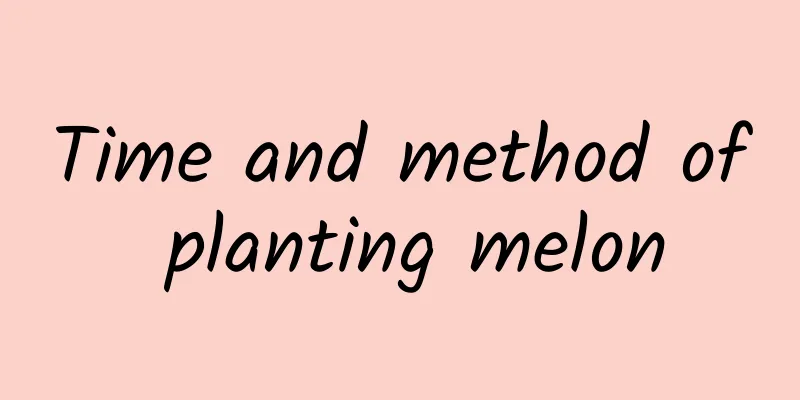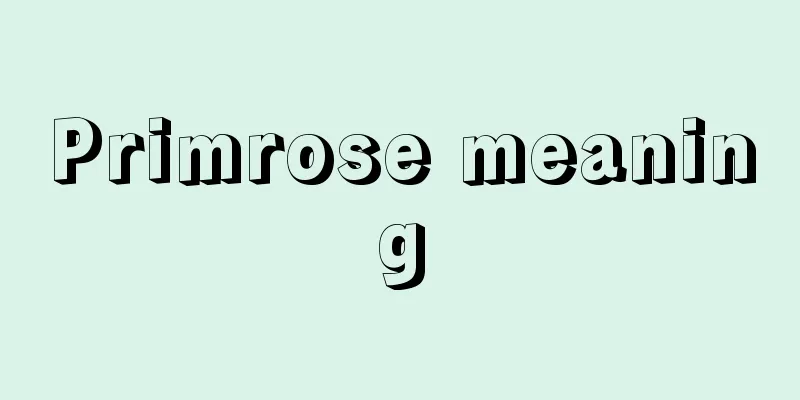Why are the leaves of the bird of paradise turning yellow, burnt and dry?

|
Bird of Paradise is famous for its upright shape and elegant posture. Its flowers are beautiful and majestic, like a crane spreading its wings about to fly, so it is also called "Crane Orchid". It is not only highly ornamental, but also has the function of purifying the air, which can effectively improve the indoor air quality. Therefore, it is deeply loved by people and is a very popular flowering plant. So why do the leaves of the bird of paradise turn yellow, burnt and dry? 1. Lighting requirements The bird of paradise plant loves sunlight, but needs to be protected from strong direct sunlight. During high temperatures in summer, shading measures should be taken to prevent the leaves from being damaged by strong light, leading to yellowing and wilting. Countermeasures: Move the plants to an area with diffuse light in the summer and expose them to moderate sunlight in other seasons to promote photosynthesis and avoid poor growth or non-flowering. 2. Temperature regulation Birds of paradise prefer warm environments but are sensitive to extreme temperatures. When the temperature exceeds 30℃, the plants will enter a dormant state, and high temperatures will also cause the leaves to curl and turn yellow. Countermeasures: In summer, the plant should be moved to a cool place and allowed to receive an appropriate amount of scattered light. At the same time, water should be sprayed around to lower the temperature and increase the humidity to keep the leaves green and shiny. 3. Humidity management Bird of Paradise requires a moist environment; dry climates can cause the leaves to yellow and wither. Poor ventilation can exacerbate this problem. Countermeasures: Maintain air humidity between 60%-70% and open windows for ventilation regularly. Water the plant promptly when the soil is dry to avoid long-term dryness which may cause the plant to lack water, soften and yellow the leaves. Watering should follow the principle of "water thoroughly when dry", keeping the soil moist but without water accumulation. 4. Reasonable fertilization Avoid excessive or too concentrated fertilizer for the bird of paradise, and do not use raw fertilizer to prevent fertilizer damage that may cause yellowing and withering of the leaves. Countermeasures: Once a fertilization problem occurs, the potting soil should be immediately rinsed with plenty of clean water, the fertilizer should be diluted and drained with the water. Afterwards, place the plant in a cool and ventilated place to allow excess moisture to evaporate and help the plant resume growth. After the plant recovers, perform regular maintenance. The above is an analysis of the reasons and countermeasures for the yellowing, burnt edges and dryness of the leaves of the bird of paradise. If your home bird of paradise also has this problem, you can refer to whether these are the reasons.
|
<<: How to care for newly bought Oxalis
>>: How to propagate foliage begonias? Can leaves propagate?
Recommend
When is the best month to prune fig trees? The right pruning time and method will produce more fruits
Fig tree pruning time The best time to prune figs...
Growth environment conditions and characteristics of Houttuynia cordata
Growth environment conditions and requirements of...
Tulip planting season, how many days does it take for tulips to bloom from sowing
1. Planting Season The tulip planting season is i...
What medicine is most effective for treating diarrhea in sheep?
Diarrhea in sheep is a very common disease in the...
How to water mallow
Summer watering Summer is characterized by high t...
What is Okra
1. What is Okra is an annual herb of the genus Am...
Does the Chinese Crabapple prefer shade or sun?
Does the Chinese Crabapple prefer shade or sun? T...
What fruit trees are suitable for planting in Hubei to earn more money?
Hubei has sufficient sunlight and abundant rainfa...
He buried a chicken and a fish in the pot, and the flowers immediately sprouted buds as if they had been injected with hormones!
Bury a fish in the pot, and the flower buds will ...
How to grow Mansa Zhuhua on the balcony, what should be paid attention to
1. Can it be grown on the balcony? Mansa Zhuhua c...
What to do if the green apple arrowroot leaves are burnt
1. Control the temperature The temperature should...
How long is the growth cycle of cherry tomatoes?
Introduction to the growth of cherry tomatoes Che...
How to prune weeping willow
Weeping willow tree shape When pruning weeping wi...
Can flowers be planted in sand?
The difference between planting flowers in ordina...
Succulent growth conditions and characteristics
Succulent growing conditions Succulents love ligh...









